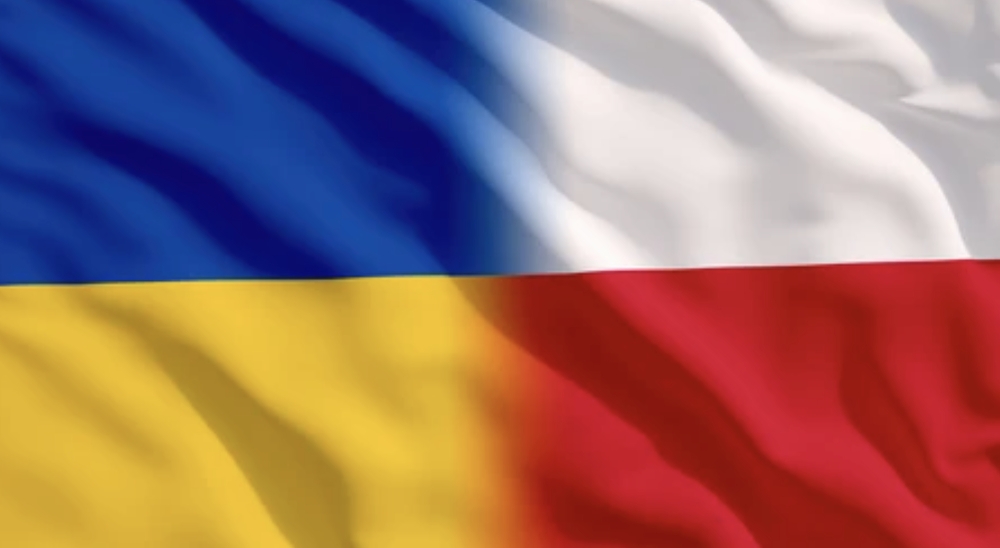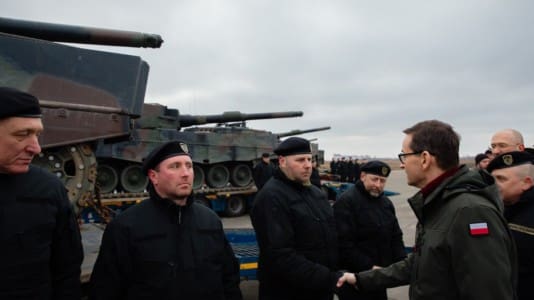The war has transformed the architecture of Polish-Ukrainian relations and helped sweep aside old grievances. The majority of Ukrainians now want a military and political alliance with Poland.
Following the Russian invasion of Ukraine, Poland opened its doors to millions of refugees and became one of the first EU countries to provide weapons and ammunition to Ukraine. According to OECD data, by the end of last year, Poland’s aid given to Ukrainians was over €8 billion, or approximately 1.5 percent of Poland’s GDP. This places Poland among the top three European countries providing aid to Ukraine, and the Ukrainian people deeply appreciate this financial support.
According to a January survey by the Kyiv Center for New Europe, Poland’s President Andrzej Duda is the most popular foreign leader among Ukrainians, with as many as 87 percent having a positive view of him.
This was not always the case. In November 2019, the most popular foreign politician in Ukraine was Belarusian leader Alexander Lukashenko. However, after the violent suppression of post-election protests in Belarus, attitudes toward him across Ukraine shifted, and in 2021, according to a public opinion poll, German Chancellor Angela Merkel became the most popular foreign politician.
“Before the war, we had a partnership with Poland. Poland was an advocate for Ukraine in the European Union and NATO. However, there were also problems in our relationship, particularly historical and humanitarian matters,” said Volodymyr Fesenko, a leading Kyiv political analyst who spoke with Polish media outlet Rzeczpospolita.
Fesenko refers to the ongoing Polish-Ukrainian dispute over the World War II Volhynia genocide, which is a contentious historical atrocity for Poles and glorified by some segments of Ukrainian society. Today, this issue is not a prominent topic in the Polish-Ukrainian political space but is occasionally raised by anti-Ukrainian circles.
“The war has refocused our countries’ relations on the most important things: We have a common enemy and a common threat. We should be united,” said Fesenko.
Today, according to the poll by Kyiv Center for New Europe, 87 percent of Ukrainians want their country to join the European Union, which is up from 49 percent in 2013. In addition, 86 percent want to join NATO — up from 34 percent in 2014.
Additionally, as many as 80 percent of Ukrainians, according to mid-January data from Ratinggroup.ua, support the creation of a military-political alliance between Poland, Lithuania, and Ukraine. Slightly more, 85 percent, believe such an alliance is necessary between Poland and Great Britain.
Support for Russia and its related economic and military-political alliances is now negligible. In the summer of 2020, six years after the annexation of Crimea and the outbreak of war in Donbas, polls indicated that only 12 percent of Ukrainians wanted their country to join the Russian-led Eurasian Economic Union. Today, this number is statistically insignificant.






